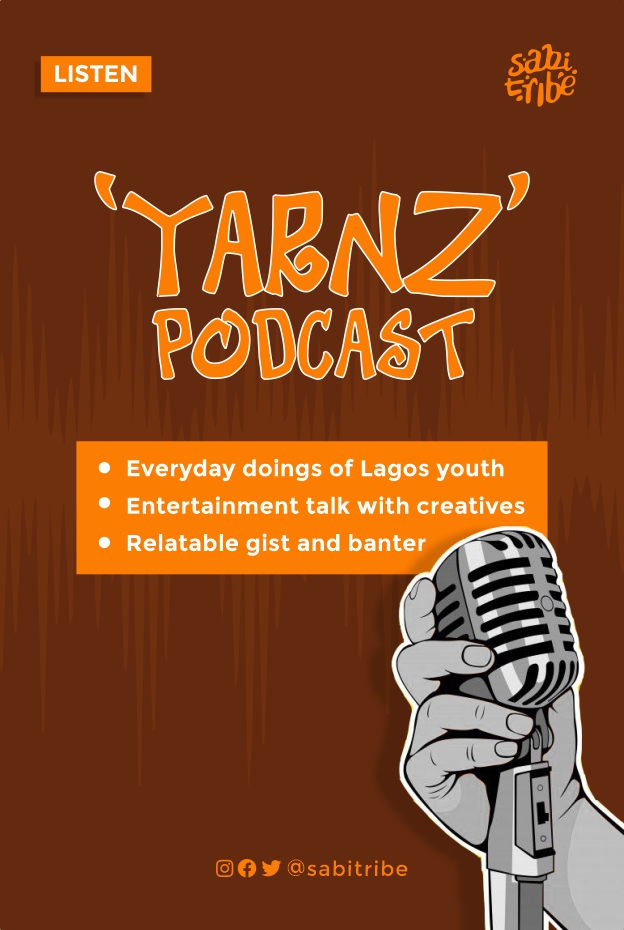African representation in International sports!
The question of African players representing foreign countries has long been a topic of debate.
On one hand, some argue that players should be allowed to represent the country where they were born and raised, as it allows for a more diverse representation of African nations in international competitions. On the other hand, some argue that players should be allowed to represent any country they choose, as long as they meet the eligibility requirements set by the governing body of the sport. This debate often centres around issues of loyalty.
However, it is important to remember that at the club level, this is not an issue as many top teams have a diverse roster. Black players being welcomed into teams regardless of their status is a good thing to see.

But when it comes to international competitions, such as the World Cup, African players must represent their country of origin. The lack of African nations making it past the quarterfinals of the World Cup is a testament to this. The fact that African nations haven’t been able to progress in the tournament is not only a problem for the continent but for the whole footballing world. The world needs to see Africa competing properly on the global stage.
Many African players with world-class talent have roots in Africa but do not associate themselves with these roots. Just to mention a few, David Alaba (Real Madrid/Austria), Angelo Ogbonna (West Ham/Italy), Ross Barkley (Nice/England), Manuel Akanji (Man City/Switzerland), Dele Alli (Besiktas/England) are all players of African descent who have chosen to play for other countries.

This problem isn’t only particular to Nigeria, it’s seen all over the continent. The failure of African nations to progress in the World Cup is a direct result of African players choosing to represent other countries. The continent may not be tactically astute yet, but if every player with African roots plays for their African country, in no time, we’d begin to compete properly on the global stage.
To quote the special one Jose Mourinho: “I want the world to realize that Africa is equal to everyone…they can win any game, only because most of their players are scattered all over the world playing for other countries beyond their homelands.” He went on to appeal that African players should only be allowed to represent their African countries at the national level.

In conclusion, it’s important to remember that at the club level, the issue of African players representing foreign countries is not a problem. But when it comes to international competitions, such as the World Cup, African players must represent their country of origin. The lack of African nations making it past the quarterfinals of the World Cup is a testament to this.
It’s time for African players to unite and represent their countries of origin at the national level, and for the world to see Africa competing properly on the global stage.




